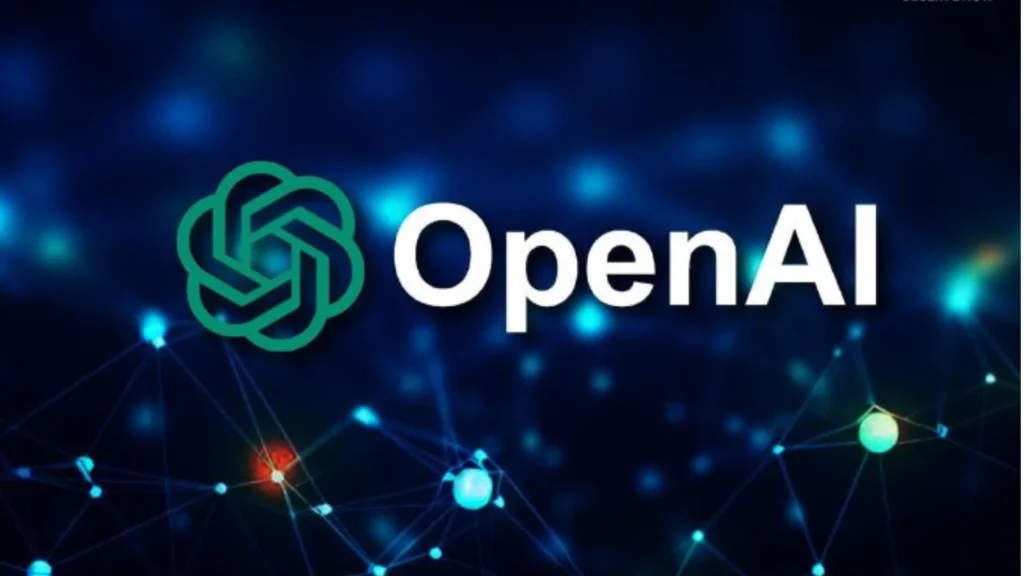Introduction: A Breakthrough in AI Technology
OpenAI has announced the launch of two new language models, O3 and O4-mini, ushering in a new generation of artificial intelligence performance. Developed to address the changing needs of developers, organizations, and consumers, the models enhance speed, efficiency, and reasoning capabilities while offering improved accessibility and customization.

The launch follows OpenAI’s ongoing expansion of its abilities in natural language understanding, generation, and multimodal tasks, demonstrating its dedication to pushing the limits of what can be achieved with AI.
O3: The 2025 Flagship Model
OpenAI’s O3 is a flagship next-generation model designed to surpass its ancestors in reasoning, contextual comprehension, and scalability. Although complete information regarding its architecture remains confidential, preliminary reports indicate it provides:
Enhanced long-context memory (best suited for long documents or threads of conversation)
- Improved response times with lower latency
- More accurate alignment and safety fine-tuning
- Less robotic comprehension in everyday conversations
O3 will directly compete with state-of-the-art models such as Anthropic’s Claude and Google’s Gemini, placing OpenAI at the leading edge of the generative AI field.
O4-Mini: Power to the Lightest
For users who need faster, slimmer AI without sacrificing too much power, O4-mini is a small yet powerful option. Geared towards mobile use cases, edge devices, and cost-sensitive developers, O4-mini is optimized for velocity and responsiveness.
The major advantages are:
- Low-latency performance
- Optimized for environments with limited resources
- Balanced trade-off between speed and accuracy
- Cost-effective API access in comparison to big models
This makes O4-mini perfect for chatbots, customer service applications, and real-time usage where response speed and effectiveness are essential.
Smarter, Safer, and More Aligned
Both O3 and O4-mini gain from OpenAI recent attempts at refining safety, minimizing hallucinations, and increasing truthfulness. O3 specifically is said to have upgraded system-level measures to minimize biased output and uphold adherence to ethical AI standards.
In the meantime, developers will see enhanced tool integration and plugin capabilities, further broadening the models’ applicability in coding, content creation, design, and data analysis.
What This Means for Developers and Businesses
OpenAI is providing a multi-faceted AI toolkit to address different use cases with these new models:
- O3 is for enterprises that require sophisticated problem-solving and deep analytics.
- O4-mini is for startups and developers who prefer lean performance at scale.
Availability and Future Outlook
Thus far, O3 and O4-mini are accessible to choose users and organizations, with wider rollout scheduled in the upcoming months. Such release is likely to set the stage for subsequent innovations on the part of OpenAI in 2025, such as prospective upgrades to multimodal capabilities and interfacing with robotics and voice interfaces.
Conclusion: The AI Frontier Expands Again
O3 and O4-mini’s release is a demonstration of OpenAI’s commitment to making AI powerful and useful. Whether you are creating sophisticated enterprise software or compact real-time applications, these models are built to address the needs of today and the potential of tomorrow.


Leave a Reply